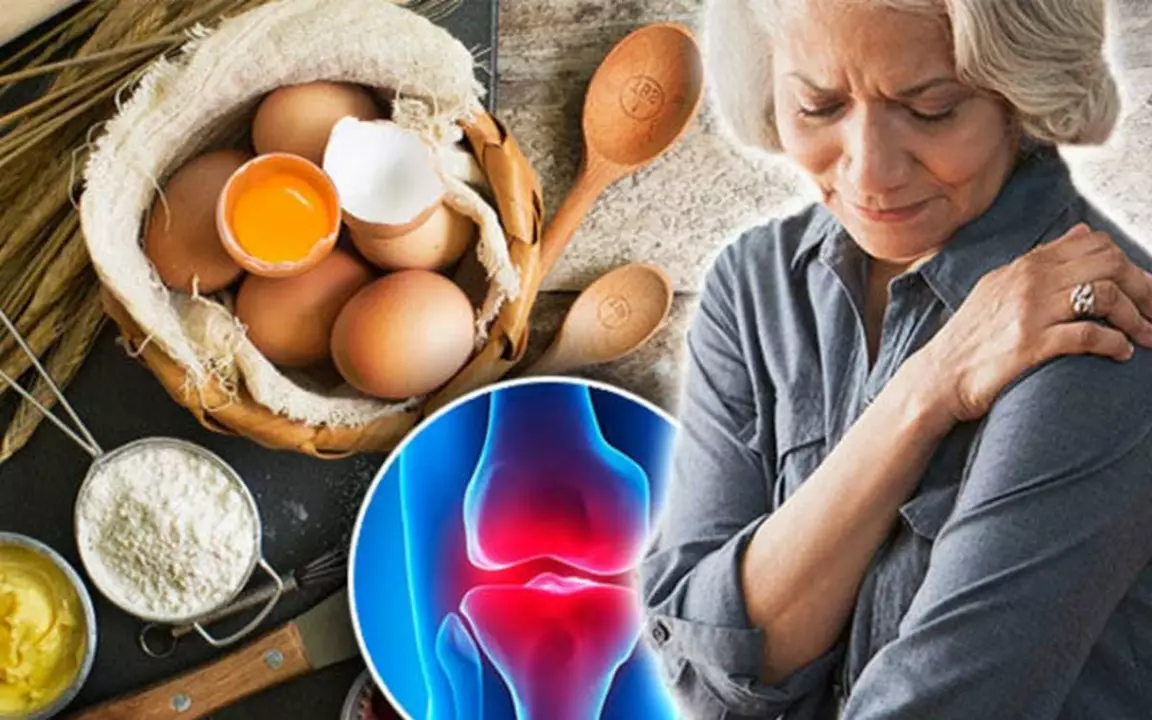Joint pain that keeps you from sleeping, walking, or doing your job is not just annoying — it's fixable more often than you think. This page gives clear, practical steps: how to spot common causes, how to get fast relief at home, what medicines and supplements can help, and when you need a doctor's visit.
Wear-and-tear arthritis (osteoarthritis) is the top reason people feel joint pain, especially in knees, hips, and hands. Autoimmune diseases like rheumatoid arthritis attack joints, causing swelling and stiffness. Gout produces sudden, intense pain in one joint from uric acid crystals. Injuries, tendonitis, bursitis, infections, and certain medications can also cause joint pain. Age, extra body weight, repetitive motion, and past injuries raise your risk.
Doctors diagnose joint problems by listening to your story, examining the joint, and often ordering X-rays, ultrasound, or blood tests. If a joint is red, hot, and feverish, that can mean infection or inflammatory arthritis and needs quick medical attention.
Start simple: rest the joint briefly, use ice for new injuries, and heat for long-standing stiffness. Over-the-counter choices include acetaminophen for pain and ibuprofen or naproxen for inflammation — follow the label and talk to your doctor if you take blood pressure meds or blood thinners. Topical options like diclofenac gel or lidocaine patches can ease joint pain with fewer systemic side effects.
Physical therapy and strengthening exercises matter more than you might expect. Strong muscles around a joint reduce stress on it. Low-impact cardio — swimming, cycling, brisk walking — keeps joints moving without pounding them. Losing weight if you're overweight reduces knee and hip pressure; even 5% body weight loss can cut pain.
Some people find supplements helpful. Glucosamine with chondroitin has mixed evidence but helps some users for osteoarthritis. Omega-3 fish oil and curcumin (turmeric extract) reduce inflammation for certain people. Check vitamin D levels — low vitamin D can worsen musculoskeletal pain. Always tell your doctor about supplements, especially if you take blood thinners.
For persistent pain, treatments include corticosteroid injections for short-term relief, hyaluronic acid injections for some knee osteoarthritis, and nerve blocks in selected cases. Surgery, like joint replacement, is a good option when conservative care fails and daily life suffers.
Before your appointment, keep a pain diary: note when pain starts, what makes it better or worse, and any swelling or fever. Take photos of swollen joints and list all medicines and supplements. This information speeds diagnosis and treatment.
Want deeper guides on specific medicines, natural options, or how to buy treatments safely online? Browse the Exact-Pharma tag "joint pain" to read step-by-step articles, product reviews, and practical dosing tips.
Small gear changes help. Swap worn shoes for supportive pairs, use a cushion when sitting, adjust work height to avoid hunching, and try a foam roller or tennis ball for tight muscles near joints. These simple fixes often reduce daily flare-ups and make exercise and rehab more effective. Feel better.

In my latest blog post, I've discovered an incredible secret weapon in the fight against inflammation and joint pain: Goutweed! This powerful herb has been used for centuries in traditional medicine and is now gaining recognition in modern times. Goutweed contains potent anti-inflammatory properties which can help alleviate joint pain and improve overall health. I've been amazed by the results I've experienced after incorporating Goutweed into my daily routine. Check out my blog to learn more about this amazing plant and how it can help you in your battle against inflammation and joint pain!
Many generic medications contain hidden allergens like lactose, gluten, or food dyes that can trigger reactions-even when the active ingredient is the same as the brand name. Learn how to identify risky excipients and protect yourself.
Insurance plans often cover generic combination drugs differently than individual generics, leading to confusing and sometimes costly outcomes. Learn how formularies, tiers, and pricing affect your out-of-pocket costs-and how to save money.
In my latest blog post, I discuss the importance of community outreach in promoting HIV awareness and prevention, with a focus on the antiretroviral drug Atazanavir. As a key player in the fight against HIV, Atazanavir has been proven effective in suppressing the virus and improving patients' quality of life. By educating our community about this medication, we can empower people living with HIV and help prevent the spread of the virus. Additionally, I explore various community outreach strategies and tools that can be implemented to raise awareness and encourage prevention. Join me in spreading the word to help create a healthier, more informed society.
Learn how to set up medication reminders and alarms that actually work-using apps, caregivers, and smart habits to improve adherence and avoid dangerous missed doses.
Support groups help stroke survivors and their families cope with emotional recovery, reduce isolation, and improve long-term outcomes. Real stories and science show why connection matters as much as therapy.